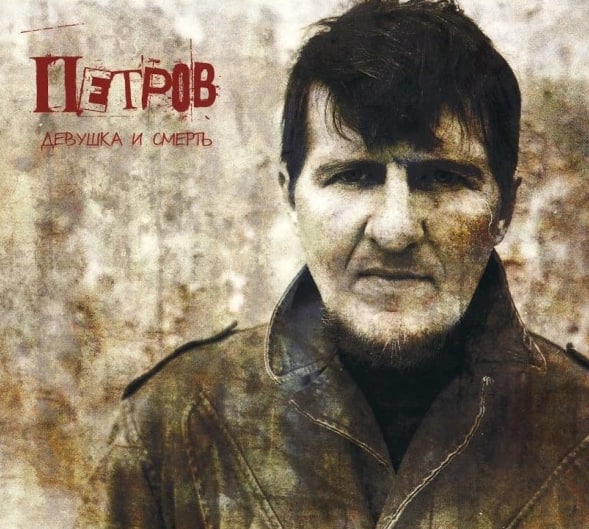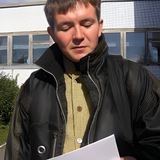group-telegram.com/fllgnff/900
Create:
Last Update:
Last Update:
Периодически переслушиваю альбом «Девушка и смерть», под коронавирусную вялость отлично заходит. «Снегири» его в 2012 году выпустили, но я к тому времени эти песни уже два года как слышал, потому что Алексей Петров из Железногорска сам мне написал. Из социальных сетей он, кажется, давно удалился, я не уверен вообще, что он живой, но альбом его жив, и ощущение «Мы все умрём, за каждым придет чупакабра» с каждым годом всё понятнее. Больше половины треков я помню наизусть и как минимум пять считаю великими. «Ты будешь так же носиться с песнями, очень известными в узких кругах»: ношусь и буду, ага.
BY ашдщдщпштщаа

Share with your friend now:
group-telegram.com/fllgnff/900
